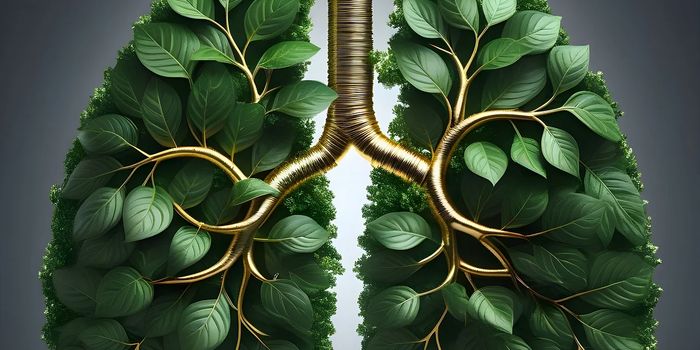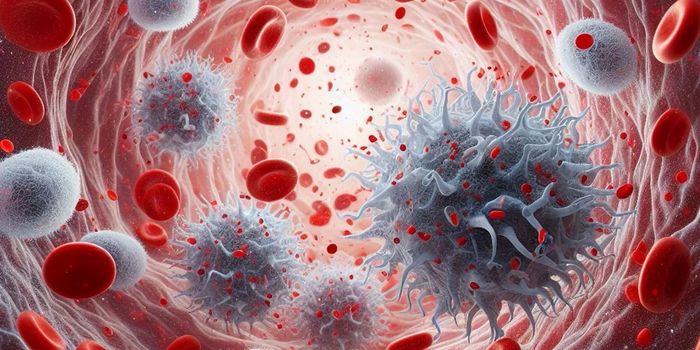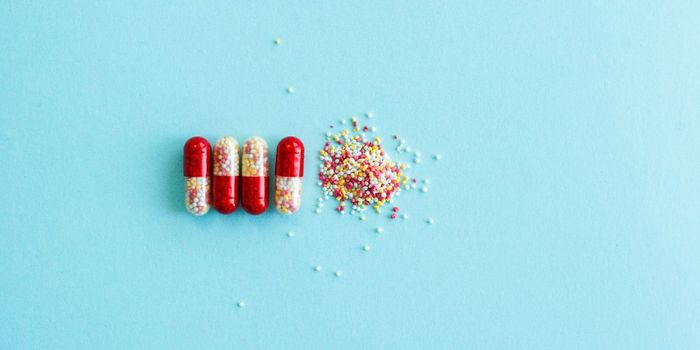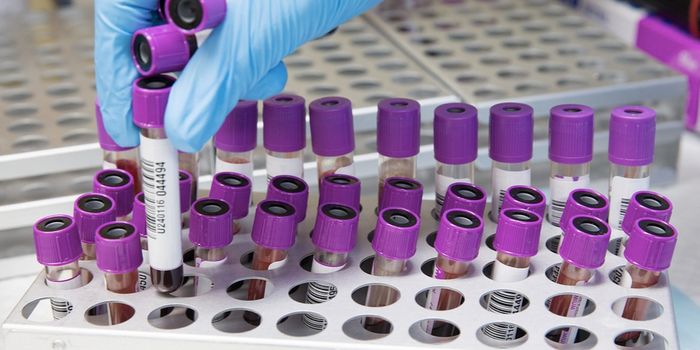Mothers and fathers take the financial toll of having a child with cancer differently
A new study by researchers at Uppsala University in Sweden contemplates the socioeconomic impact on parents of having a child diagnosed with cancer. The study was published recently in the International Journal of Cancer and reports that mothers are affected more financially than fathers.
"Data from a research project I've worked on since 2005, studying the same parents of children with cancer over a long period, indicate that fathers are affected more, in the long term, than the evidence has previously borne out. In the new study, we've looked into the validity of these data," says Louise von Essen of Uppsala University's Department of Women's and Children's Health.
Looking at data of almost 4,000 mothers and fathers of children with cancer in Sweden, the team determined an interesting trend in the impact that having a child with cancer imparts on parents’ financial statuses: mothers' incomes fall in the short term and later rise, while fathers see negative financial repercussions later.
Following families five years before and ten years after diagnosis, the Swedish researchers found the following effects: long-term negative effects on earnings fathers and positive effects for mothers; negative short-term effects on employment for fathers and strong negative short-term effects for mothers; and negative long-term effects on employment for both fathers and mothers.
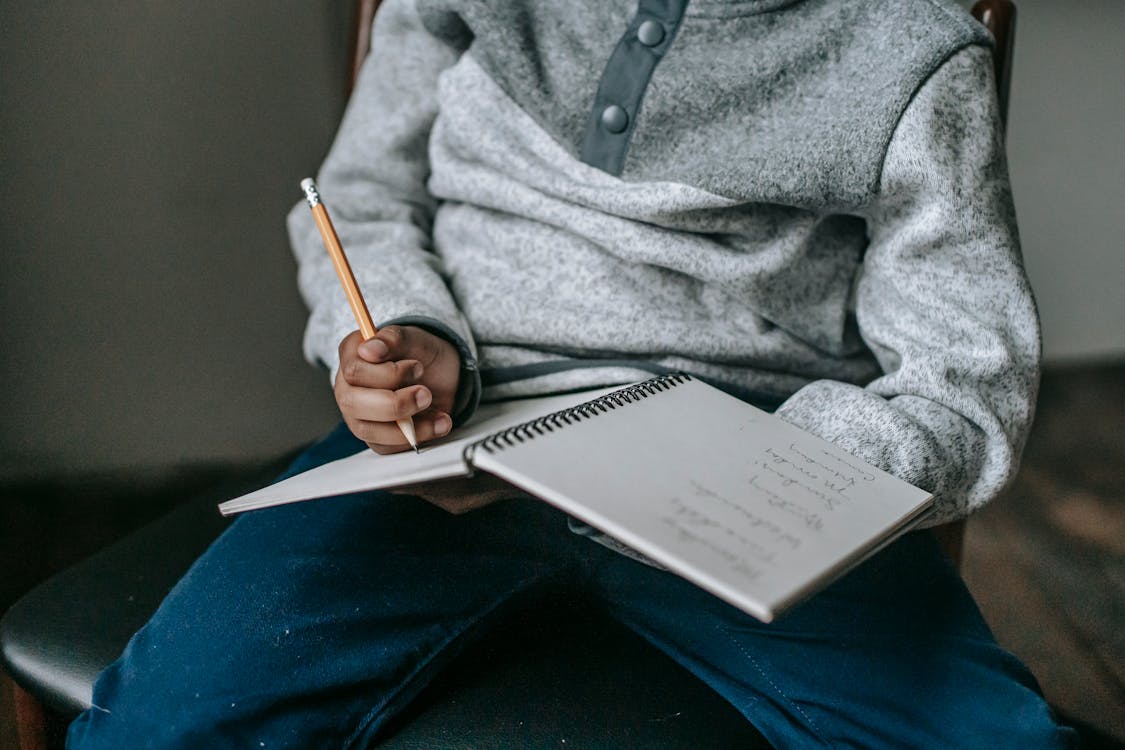
While the researchers are still trying to understand why the data shows these findings, the first author of the study, Mattias Öhman of the Institute for Housing and Urban Research at Uppsala University, says that it is important to consider the psychological and financial burden on both parents equally:
"In our opinion, the findings of the study provide arguments for involving mothers and fathers equally in the care of gravely ill children, and for offering psychological support to all parents of children with cancer. That way, it would be possible to reduce the risk of any group not getting any support and, because of that, suffering from harmful repercussions like a lower income in the long run."
Sources: International Journal of Cancer, Eureka Alert

